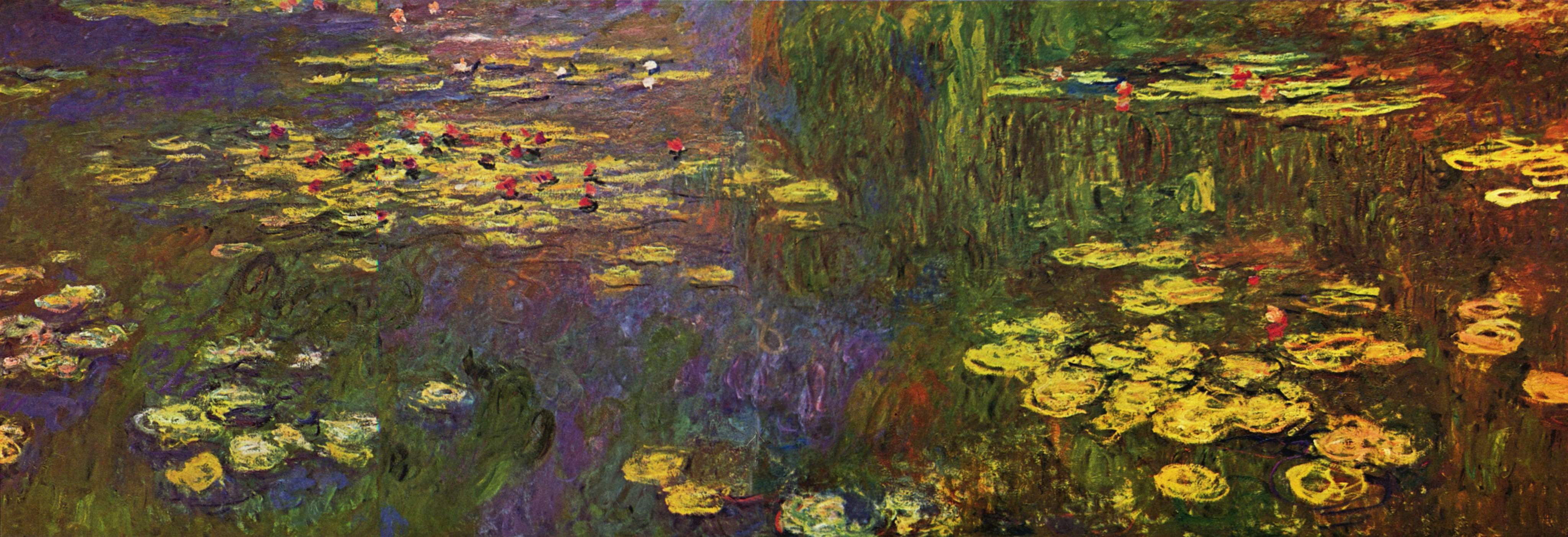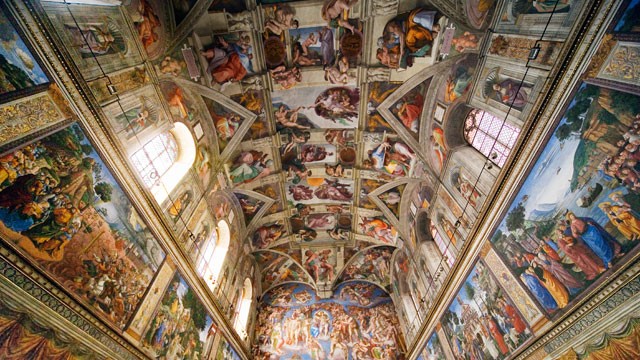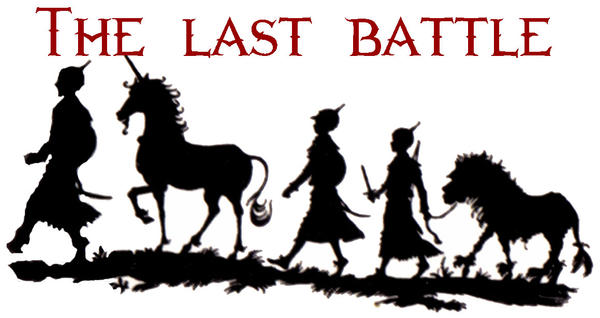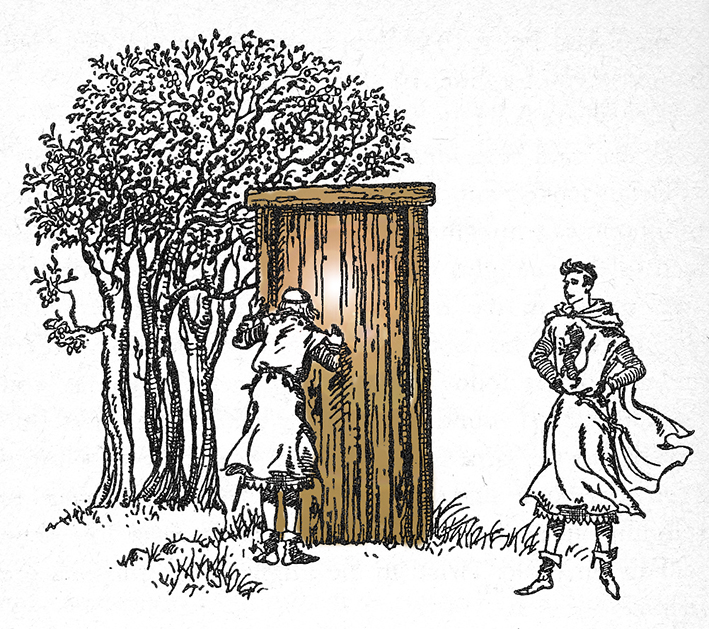APPRENTICE:
Read:
-Finish reading your book for this month: Girls:
Understood Betsy, Boys: Johnny Tremain
Watch:
-This video Joshua Reynolds painting
Email:
Favorite Joshua Reynolds art work to Isaiah or Megan by Thursday at noon.
Think
and Write: Do a word study on “work”.
Write your own poem or story about the things you have
learned about hard work.
What are you feelings about work? Why is work
important? How have your feelings changed about work this month?
What have you learned by working on your work project? How is work a
blessing to you?
Write
your favorite quote from the book you read for this month,
or something you learned about yourself by reading the book. Make sure
your writings come to class with you
Memorize: Work on memorizing the poem and scripture for the month
Memorize: Work on memorizing the poem and scripture for the month
Ladies:
Understood Betsy
- As you read, consider some of these questions: Why do you think this book is
called Understood Betsy? What are some of the lesson's that Betsy learns in the
book? What is your favorite comment or question that the author inserts in the
story?
And choose one or more of the following to teach us
what you learned from Understood Betsy:
· Write
a poem about a theme from Understood Betsy.
· Be
a book critic for the day. Write a critique of Understood Betsy
· Write
a newspaper article about some event that happened in Understood Betsy
· Act
out a scene from understood Betsy during class and tell us what you learned
from that scene
· Make
a movie from a scene from Understood Betsy and send us the file or a link
online so we may
watch it before class time.
· Create
a piece of art work from a theme in Understood Betsy
· Learn
some new skill that Betsy learns in the book, share your experience
· Practice
understanding children, without pay or reward, seek to understand a
child using some
of the tools the characters use in the book.
· Keep
a life lesson journal. Record in your journal whenever you learn a life
lesson, whether it
be from a book, a person, or life.
Young men:
Johnny Tremain - As you read, consider the following
questions: What is Johnny's biggest fault? How does this fault hinder him? What
are some of the lesson's that Johnny learns in the book? What was your favorite
comment or question that the author inserted in the story?
And choose one or more of the following to teach
us what you learned from Johnny Tremain
· Create
a letter from Mr. Lyte to Johnny telling him of his family history.
· Write
a newspaper article about a Revolutionary War event
· What
are you passionate about? What do you think is worth fighting for? Write a
persuasive essay
to convince others to join your cause.
· The
Son's of Liberty had their own symbols to identify themselves. Create your
own symbol to
represent the things you stand for in your life.
· Political
Cartoons have played a part in history. Create your own political cartoon,
either about an
event from the book, or about a current event.
· Act
out a skit, or make a movie (please send out before class time) depicting a
scene from the
book.
· Johnny
learns many life lessons from his friends and his enemies. Record some
of Johnny's life
lessons. Make a list of your own friends, and enemies. Record in some way the
things that you have learned from them.
· Create
something useful that you make with your own hands.
· What
are some ways to become politically active without open rebellion? Choose
a cause you
believe in, and do something to help the cause. Share!
· Skills
or a trade are just as important in our world as they were in Johnny's. Choose
a skill or trade that you need to work on. Do some work on it, share with us
what you do.
Project:
Complete your project for the month. Please plan
to share in some way what you did for your project and what you learned from
the project. We may do this in class, or it may be an outside class
activity.






